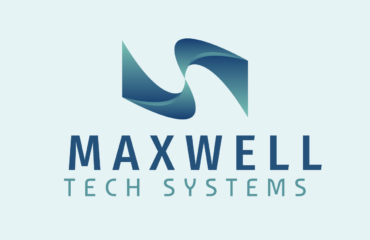Blockchain is a digital ledger technology that can be used to securely store and transfer information. It is often associated with cryptocurrencies, but its potential uses go far beyond financial transactions. In this essay, we will discuss how blockchain can help improve IT security and software.
One of the key benefits of blockchain is its ability to create a secure and transparent record of transactions. In a blockchain network, every transaction is recorded on a public ledger that is distributed across a network of computers. Each block in the chain contains a record of all the transactions that have taken place, and each block is linked to the previous block in the chain. This creates an immutable record of all the transactions that have taken place, which is resistant to tampering and hacking.
In terms of IT security, blockchain can help improve security by creating a tamper-proof record of system events. For example, a blockchain-based system could be used to record every login attempt, change in system settings, and every action taken on a system. This creates an audit trail that can be used to identify potential security breaches and ensure that any unauthorized activity is quickly detected and prevented.
Blockchain can also be used to secure software by creating a decentralized platform for application development and deployment. Blockchain-based platforms can allow developers to create and deploy applications in a secure, transparent, and efficient manner. The platform can use smart contracts, which are self-executing contracts with the terms of the agreement between the parties directly written into lines of code, to enforce rules and ensure that applications are secure and compliant.
Another area where blockchain can be beneficial in IT security and software is in identity verification. Traditional systems for identity verification rely on centralized authorities to verify identity, which can be vulnerable to hacks and breaches. Blockchain-based systems, on the other hand, can create a decentralized network that allows individuals to verify their identity securely without relying on a central authority.
In conclusion, blockchain technology has the potential to revolutionize IT security and software development. Its ability to create a tamper-proof record of transactions, its decentralized platform for application development and deployment, and its potential for secure identity verification make it an exciting technology for the future of IT security and software. As blockchain continues to evolve and become more widespread, it will likely play an increasingly important role in securing IT systems and protecting sensitive information.








